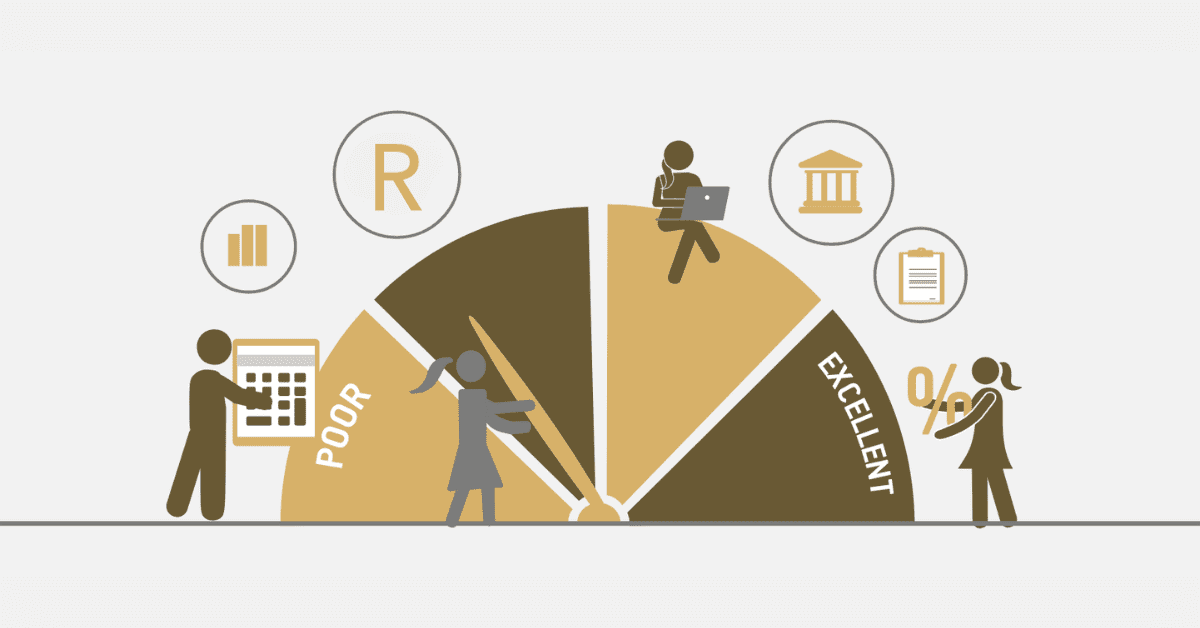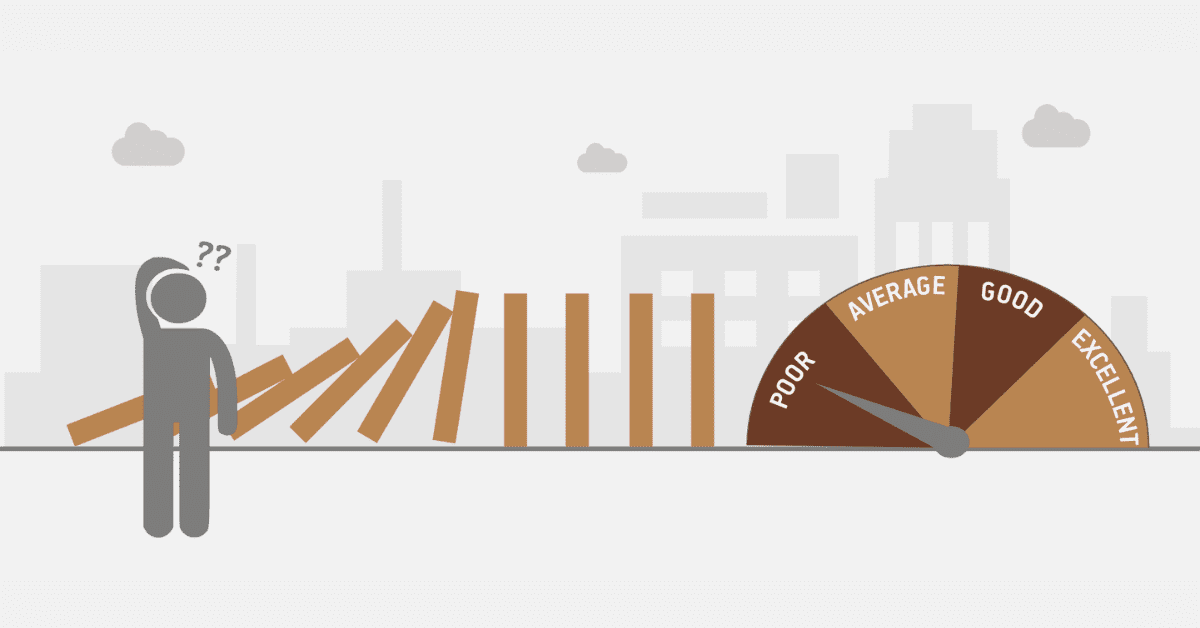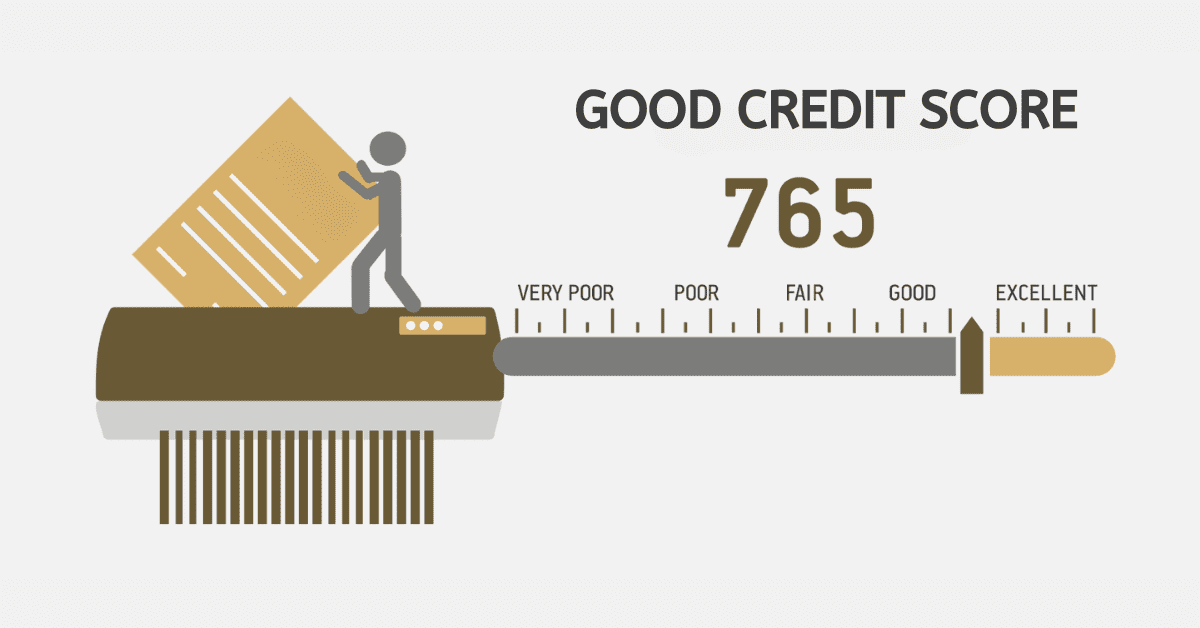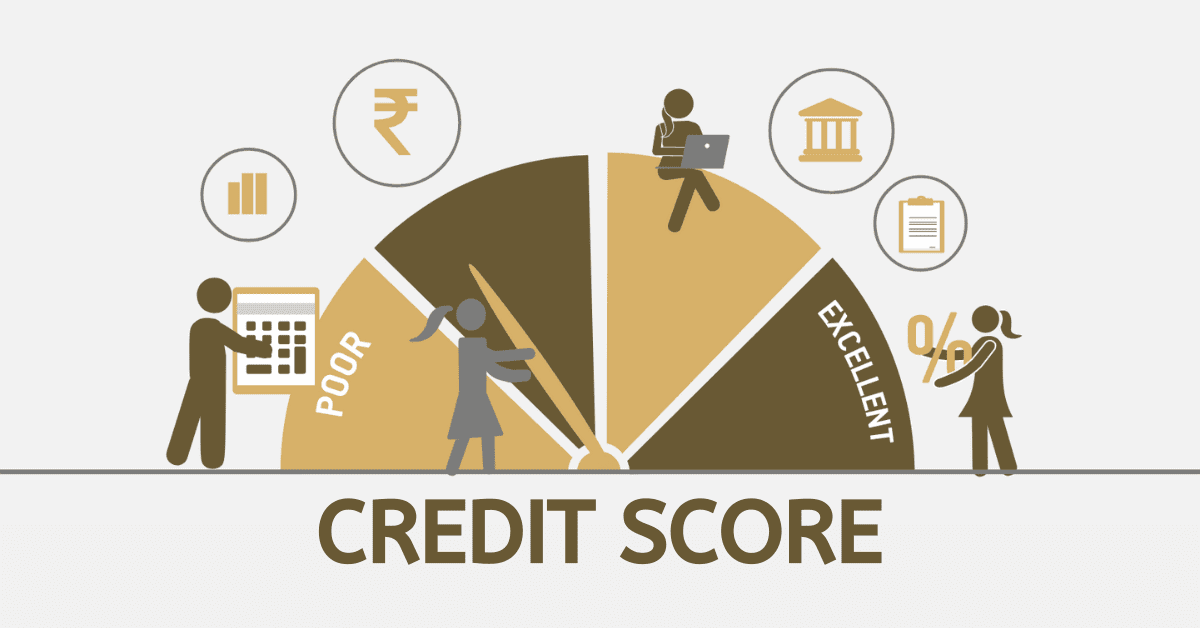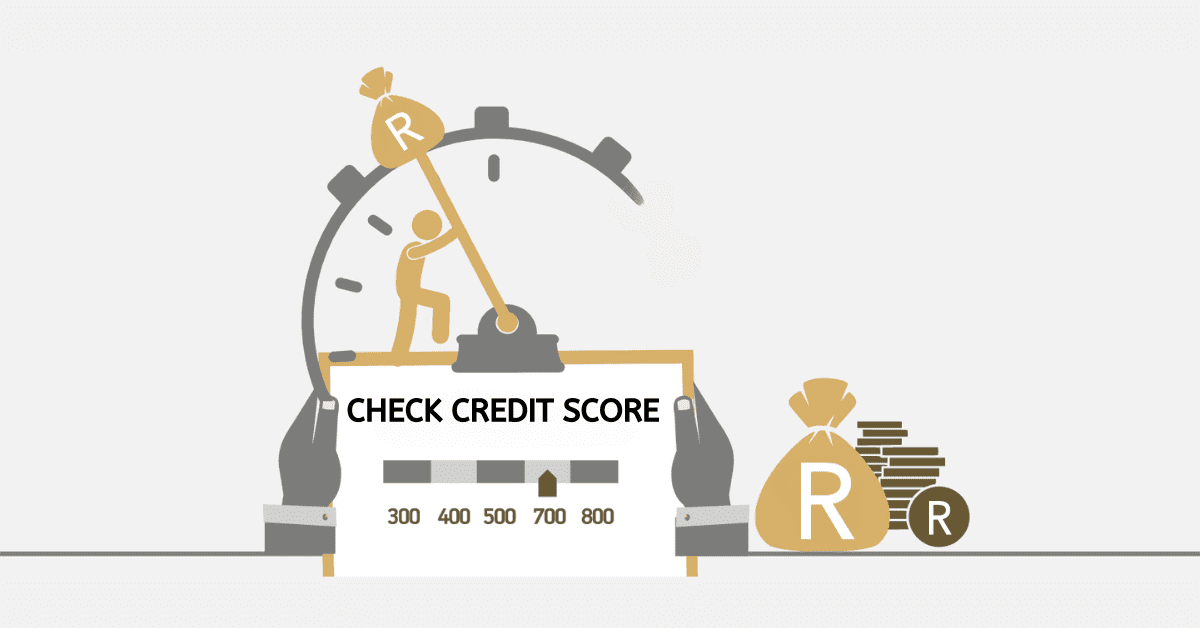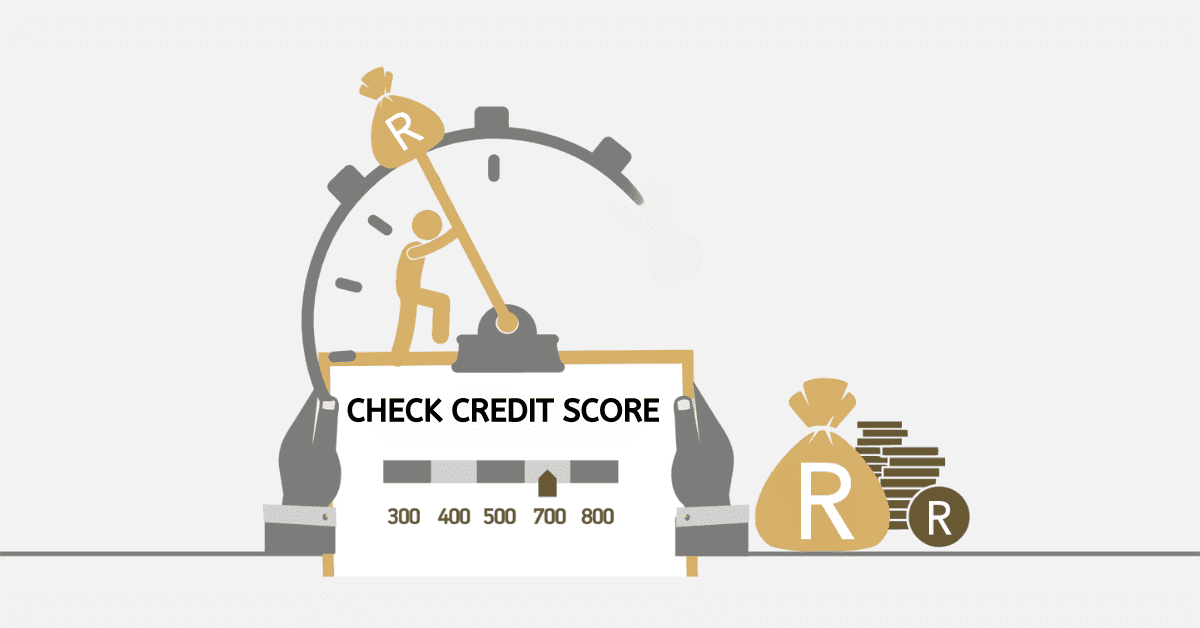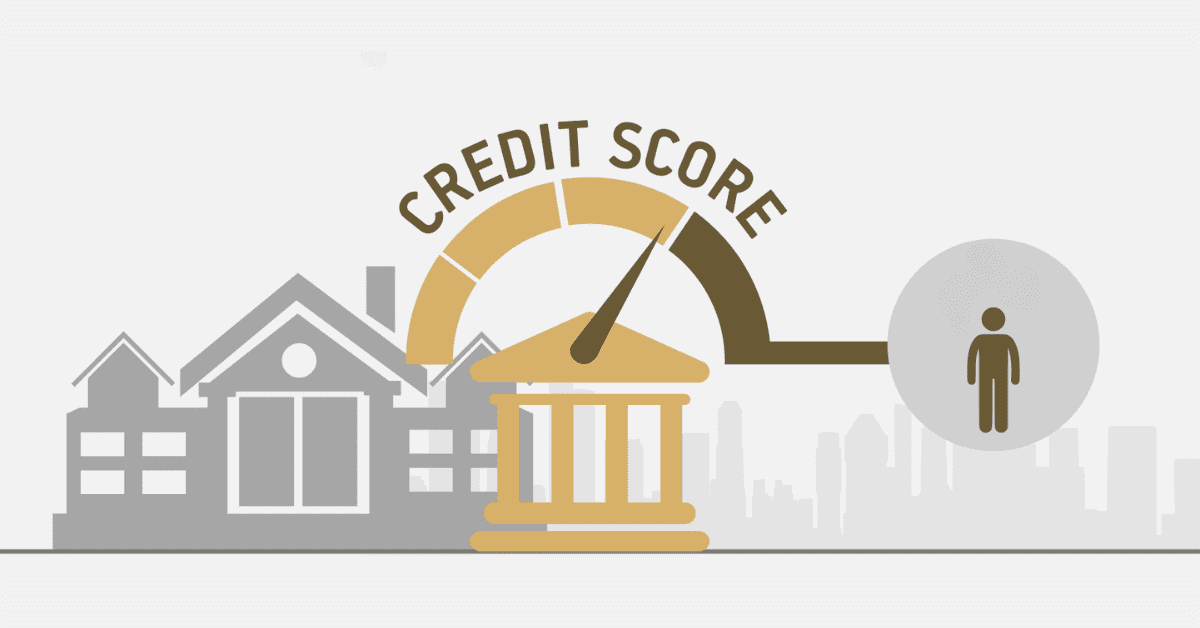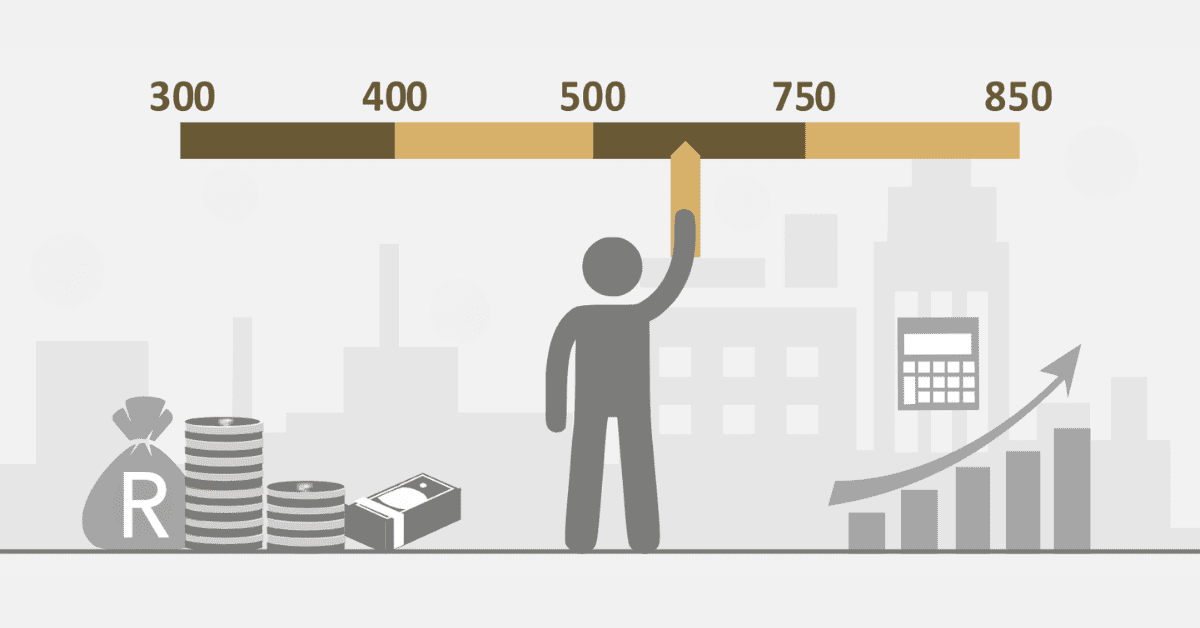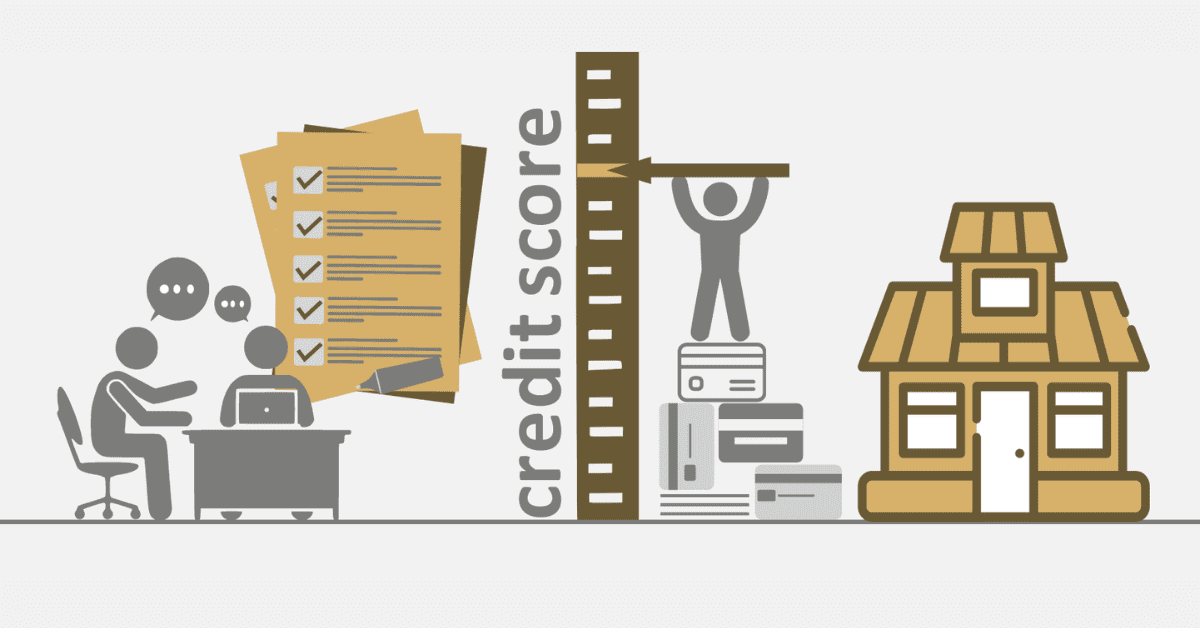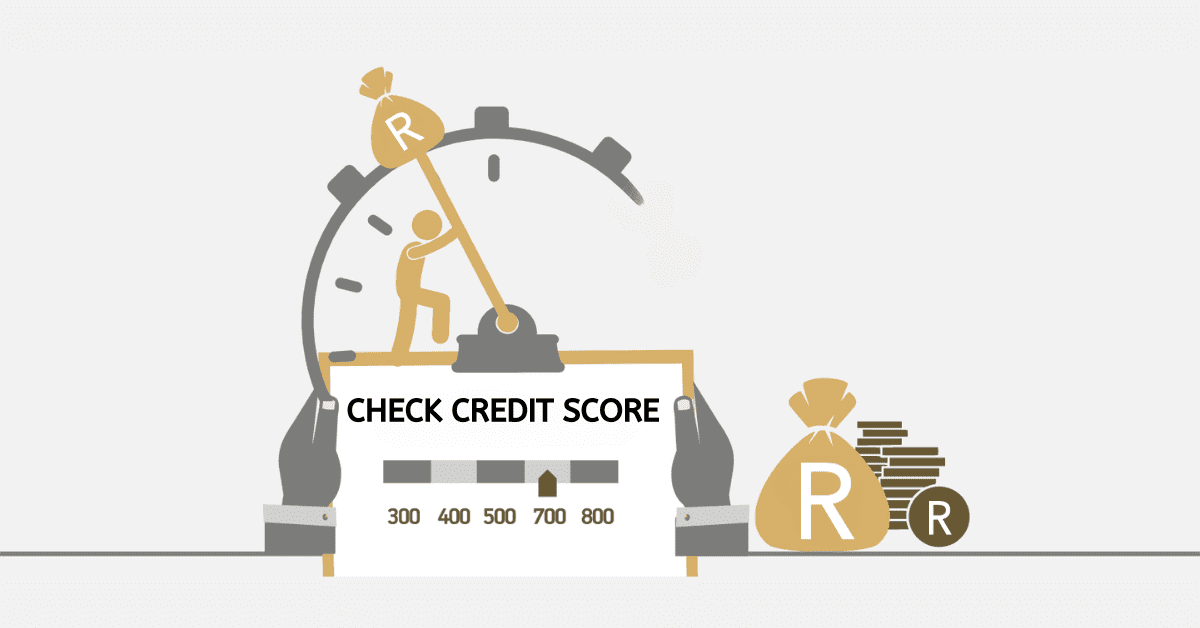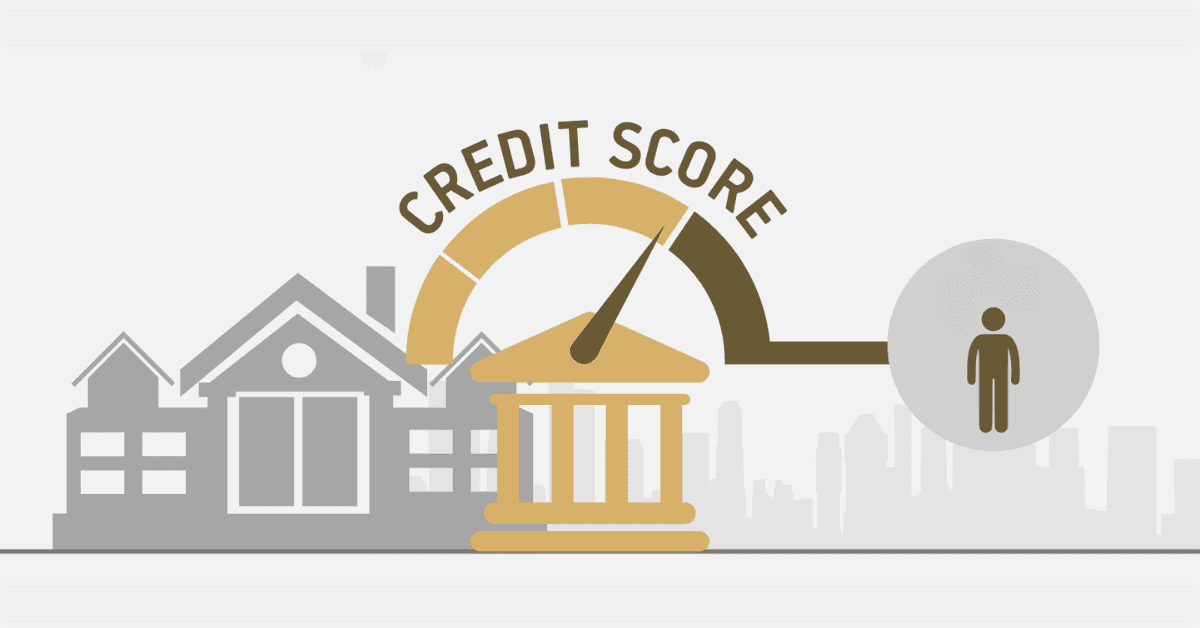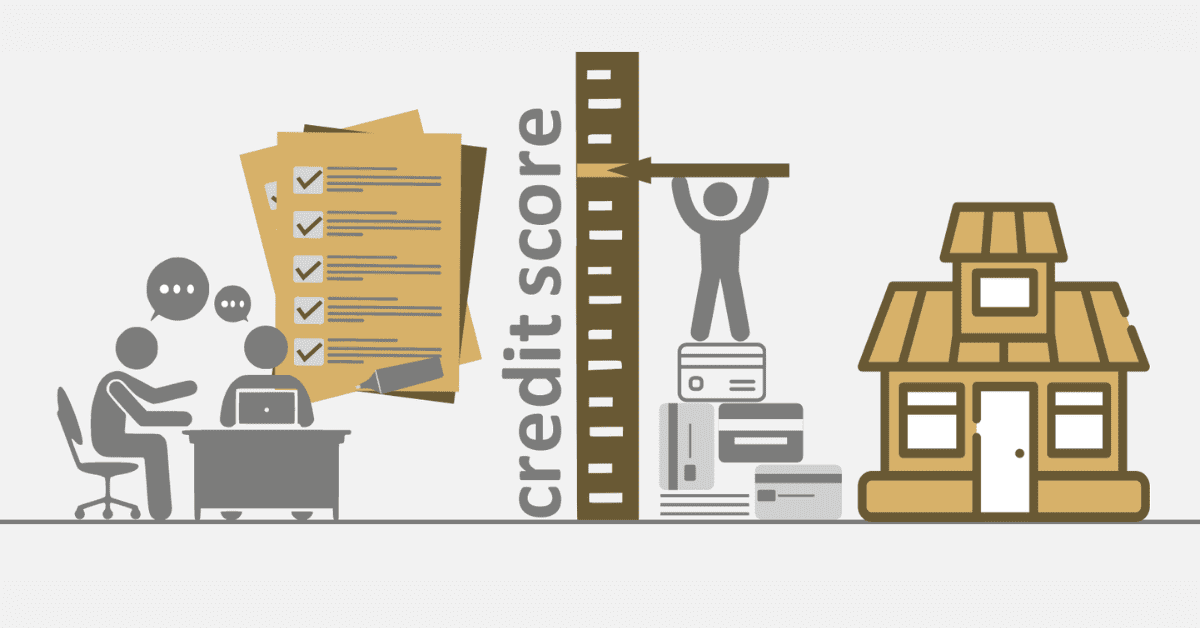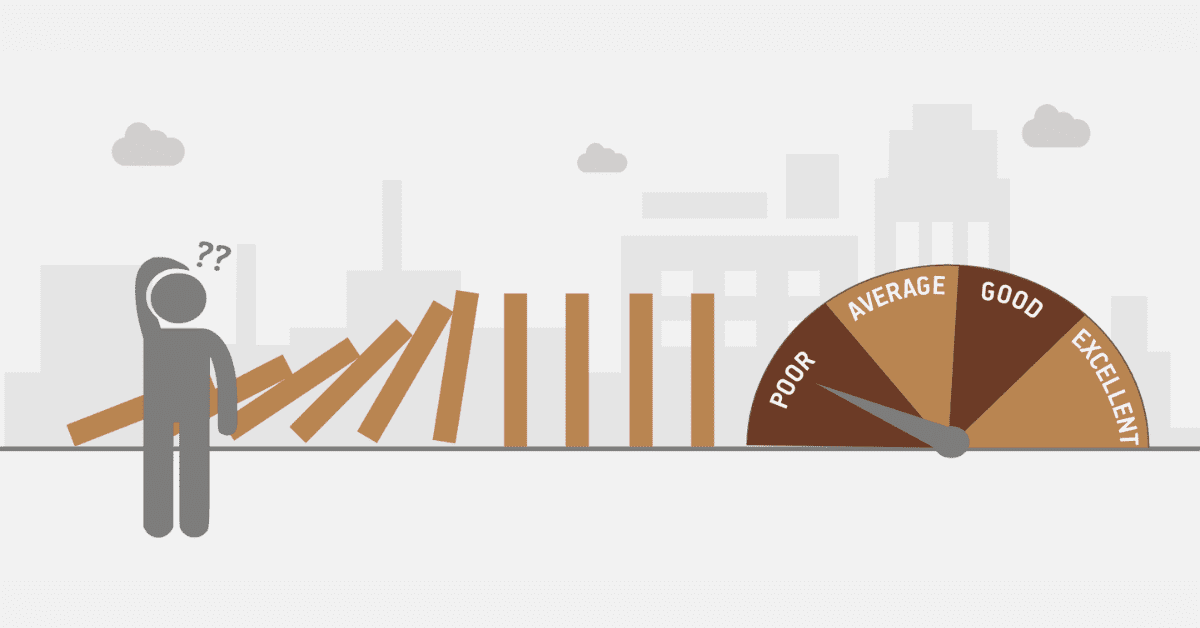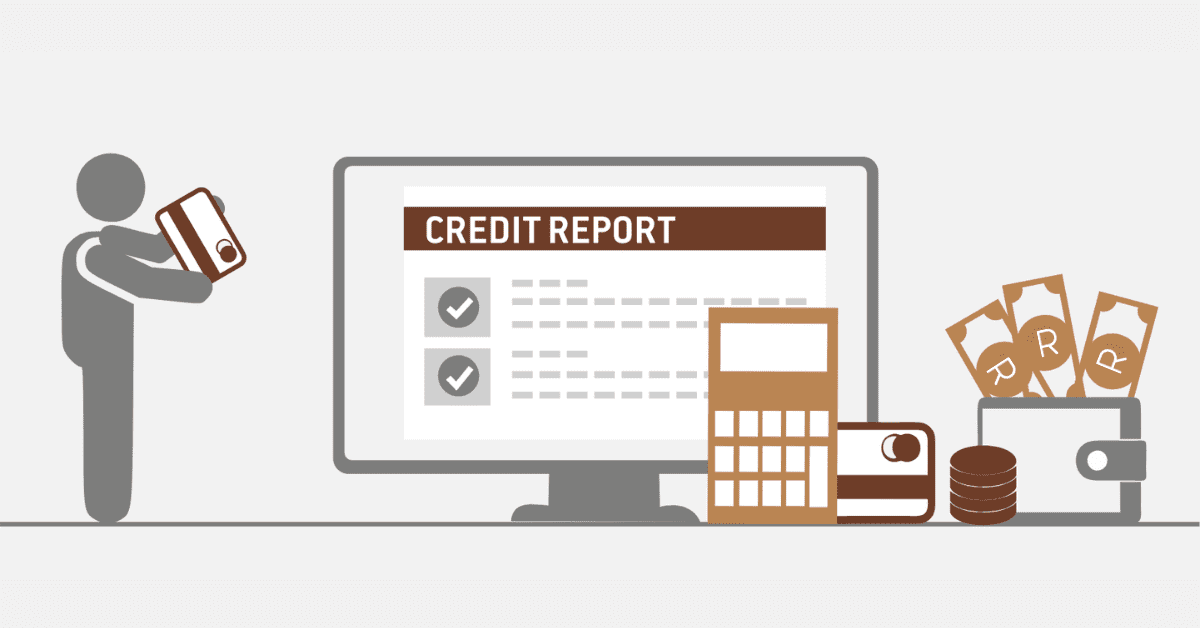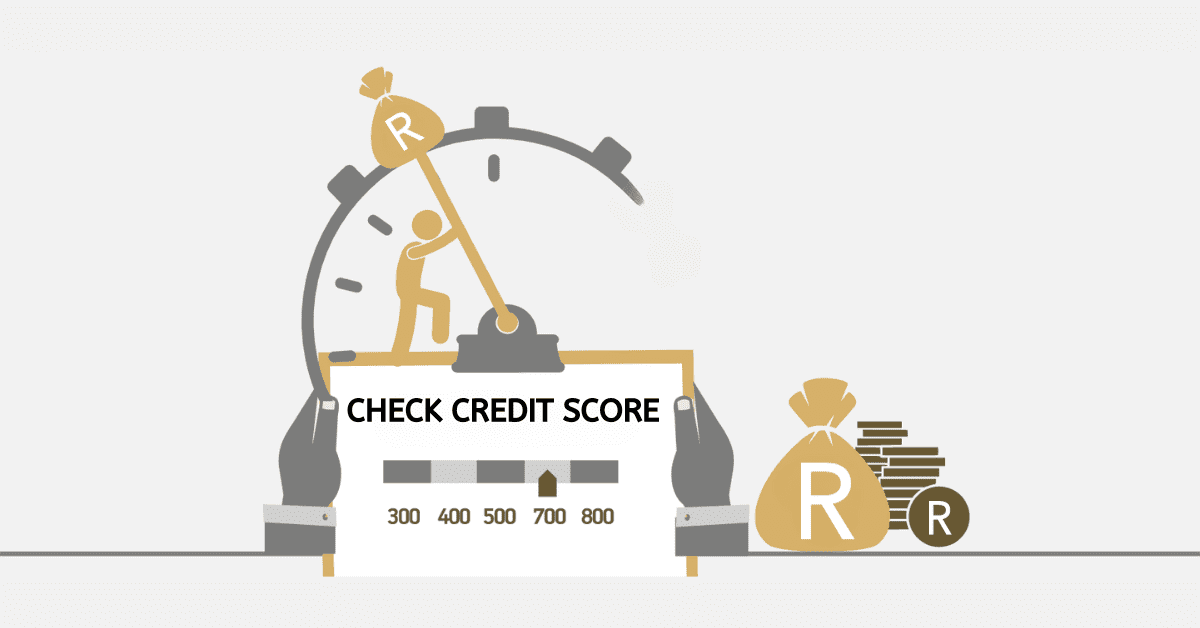Regularly checking your credit score is an important way to take control of your creditworthiness and build a better credit record. You’ve probably heard many people tell you that doing so will cause your credit score to drop, however! Today we look into the facts behind this common myth, when a credit check will really pull down your credit score, and other key facts you should know.
Why Your Credit Score Goes Down When Checked
Why does your credit score go down if you check it? For starters, if you are the one checking it, it won’t! This is a common misconception people have, based on a misunderstanding of the differences between ‘hard’ and ‘soft’ credit inquiries.
A ‘soft’ inquiry happens any time you or another party simply takes a look at your credit report. So, signing up to receive your credit report monthly, either through a bureau or one of the free third-party services on the market, will not make your credit score go down. You can check it as much as you like, although doing so more than once a month would be rather over the top!
On the other hand, ‘hard’ inquiries mean those made by lenders with a serious intent to offer credit. These will have a small and temporary negative impact on your credit score (less than 10% in total across all inquiries, with many other factors in play). The reason is surprisingly simple. Every time you take on even a single line of credit, your risk profile changes, and the more credit you use, the riskier you get. You may have been great with managing those 5 credit lines, but what if the 6th one pushes you over the edge of what you can manage?
A single hard inquiry will only affect your score by around 5-10 points, which is pretty small in the broader scheme of things. The issue comes if you have many hard inquiries at the same time. This can have a serious negative impact on your credit report, as lenders see it as a sign that something is happening in your world to cause it- and that means increased risk to them. Maybe you’ve had an inheritance or promotion you are now irresponsibly spending. Or maybe you know you have bad news, like retrenchment, in your future and are trying to open credit while you can. Needless to say, that makes you look very risky to lenders.
What is the Fastest Way to Raise Your Credit Score in South Africa?
If you’re looking for a fast solution to raise your credit score in South Africa, we have some bad news! It is always going to come down to rehabilitating any poor credit you have (such as paying off defaulted debt or paying on time instead of late), showing smart credit utilization, and generally proving yourself less of a credit risk. There isn’t a quick fix- if all the information on your credit report is genuinely your bad behavior.
We would strongly advise anyone struggling with poor credit to start by pulling a credit report from each of the major credit bureaus, however. Mistakes and fraud do creep onto cred it reports, and sometimes ‘old’ issues (like defaults or judgments long past their sell-by date) are not removed when they should be. If you spot anything like this, you can apply to the bureau with proof to have it removed from your credit report, and this will make a bigger impact than the slow process of credit rehabilitation.
How Can I Remove Bad Credit Without Paying?
You can’t just remove legitimate bad credit from your credit report without dealing with it, either by entering debt counseling or bankruptcy proceedings, making a payment plan with the lender, or settling it outright. This is why credit rehabilitation can be a lengthy process for many people.
However, as we looked at above, if you find bad credit information on your credit report that isn’t accurate or fair, such as fraudulent loans made in your name or old issues that have been resolved, you can report them directly to the relevant credit bureau via their website. You will need to attach proof and motivation for the removal, and they will respond to you within 30 days. If you still aren’t satisfied with the resolution, you can then escalate it to the relevant ombudsman for a final decision on the matter. This can be done for free and is a simple process.
What Affects Your Credit Score in South Africa?
All lines of credit you have will affect your credit score in South Africa. This includes:
- Credit cards
- Loans
- Retail accounts
- Debt Collections and debt-related judgments
When you pay on time, keep your credit utilization under 50% of available balances, use credit wisely, and do not make too many credit applications, but have active credit, you will positively affect your credit score. Late and missed payments, alongside more serious defaults and judgments, will negatively impact it.
How Does a Credit Score Work in South Africa?
In South Africa, credit scores are calculated using algorithms developed by credit bureaus such as TransUnion, Experian, and Compuscan. These algorithms analyze data from your credit report, which includes information about your credit accounts, payment history, outstanding debts, and so on.
Each factor that influences your credit score is assigned a specific ‘weight,’ or importance, based on its predicted value in assessing your credit risk. For example, payment history and credit utilization ratio have a significant impact on your credit score, while factors such as the length of your credit history, credit inquiries, and types of credit accounts have less of an impact. They do still matter, however!
Once the data from your credit report is analyzed according to the credit scoring model used by the credit bureau, your credit score is generated. This score is then used by lenders, creditors, and other financial institutions to assess your creditworthiness when you apply for credit products such as loans, credit cards, or mortgages. Overall, your credit score showcases your creditworthiness and helps lenders assess their risk in lending to you.
How Long Does a Credit Inquiry Stay on Your Credit Report in South Africa?
Credit inquiries will stay on your credit report for up to 12 months in South Africa. However, they will start to have less impact on your overall credit score a few months after the inquiry was fresh, and the impact will continue to decline with time.
The fact that credit scores go down when checked bothers many South Africans. Now, however, you should fully understand the process- and how to build the best possible credit score, too!
